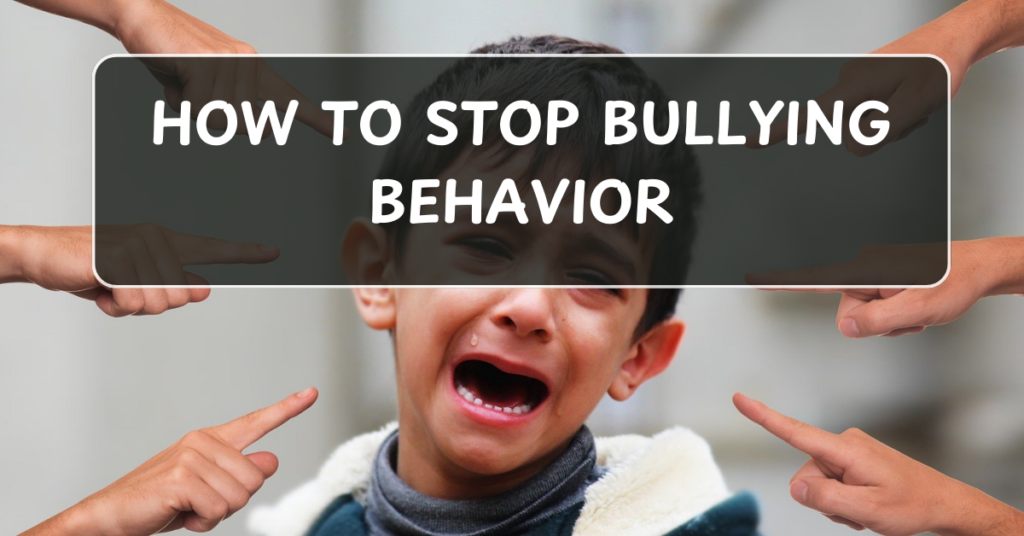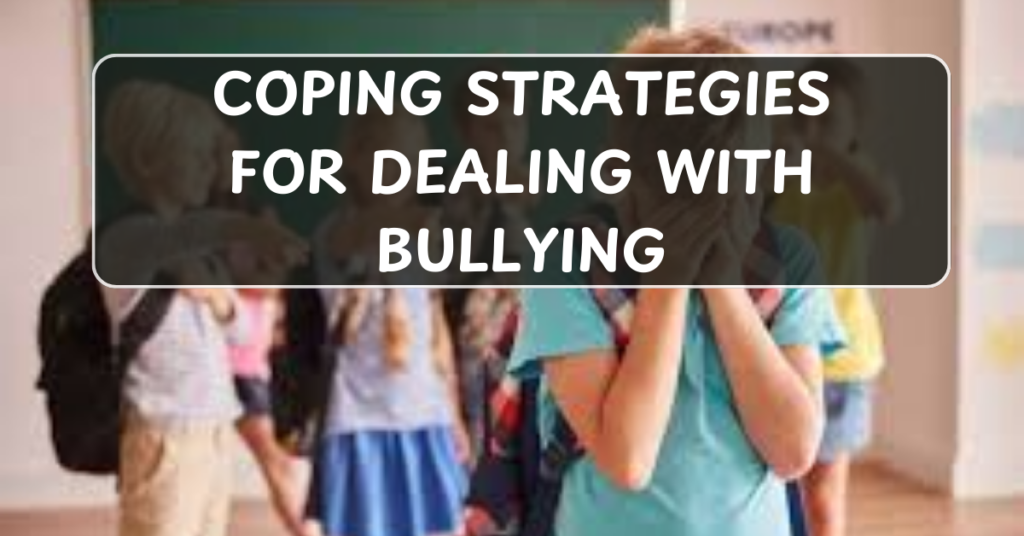
Bullying, whether it occurs in school, the workplace, or even within families, has serious emotional consequences for those who experience it. The emotional effects of bullying can be long-lasting and deeply affect an individual’s mental health and overall well-being. In this article, we’ll explore how bullying impacts the emotional state of the victim, how these effects manifest, and what can be done to help those affected heal and cope.
What is Bullying?
Bullying is intentional, repetitive behavior meant to harm, intimidate, or dominate someone. It can take various forms, including physical, verbal, and emotional abuse. While the effects of bullying can be both physical and emotional, this article will focus on the emotional and psychological consequences that many victims face.
>> Put An END to Bullying NOW: Click Here to Learn How <<
Emotional Effects of Bullying
1. Low Self-Esteem and Self-Worth
One of the most significant emotional consequences of bullying is a decline in self-esteem and self-worth. Victims of bullying may begin to internalize the negative messages they receive from their bullies, believing that they are inferior, unworthy, or undeserving of respect. This can lead to:
- Self-doubt: Victims may question their abilities and value.
- Perfectionism: Striving to meet impossible standards to avoid criticism.
- Social withdrawal: A reluctance to engage in activities or social interactions due to fear of further ridicule.
2. Anxiety and Depression
Bullying can create feelings of fear, unease, and dread. Victims may become anxious about their safety, their ability to fit in, or the possibility of future attacks. This constant stress can contribute to the development of anxiety and depression. Symptoms of anxiety and depression due to bullying may include:
- Constant worry: Feeling unsafe even in familiar environments.
- Panic attacks: Sudden, overwhelming feelings of anxiety.
- Loss of interest: Withdrawal from activities that were once enjoyable.
- Sadness or hopelessness: A sense of emptiness or helplessness about the future.
3. Emotional Numbness
In some cases, individuals who are repeatedly bullied may shut down emotionally as a way to protect themselves from further hurt. This emotional numbness can make it difficult for them to process feelings or connect with others. It can look like:
- Detachment: Disconnecting from emotions and situations.
- Difficulty trusting others: Feeling like no one can be relied upon for support.
- Inability to express feelings: Struggling to share thoughts or emotions with others.
4. Post-Traumatic Stress Disorder (PTSD)
In severe cases of bullying, particularly if it involves long-term abuse or traumatic events, victims can develop PTSD. This mental health condition is characterized by:
- Flashbacks: Reliving bullying incidents in the form of vivid memories or nightmares.
- Hypervigilance: Being constantly on alert, feeling like danger is imminent.
- Avoidance behaviors: Avoiding places, people, or situations that remind the individual of the bullying.
5. Suicidal Thoughts and Behaviors
For some victims of bullying, the emotional toll can be so overwhelming that they begin to contemplate suicide. This is a tragic and heartbreaking consequence of bullying. Suicidal thoughts may arise from feelings of:
- Hopelessness: Believing that things will never get better.
- Isolation: Feeling as if there is no one to turn to for help.
- Rejection: Internalizing the bullying as an indication of being unlovable or worthless.
It’s critical to take any signs of suicidal thoughts seriously and seek professional help immediately.
>> Put An END to Bullying NOW: Click Here to Learn How <<
Why Do Bullying Victims Experience These Emotional Effects?
The emotional effects of bullying are not just due to the bullying itself, but also the lack of support and validation that many victims experience. Bullying creates a toxic environment in which the victim feels unsafe, powerless, and unsupported. The absence of intervention or empathy from bystanders, family, or authority figures only compounds these feelings.
Additionally, repeated exposure to bullying, particularly from individuals in positions of authority (e.g., teachers, supervisors, or family members), can create a damaging cycle where the victim feels trapped and unable to escape.
How to Help Victims of Bullying Heal
While the emotional effects of bullying can be profound, there are steps that both victims and those around them can take to begin the healing process:
1. Encourage Open Communication
It’s essential for victims of bullying to feel heard and supported. Encourage them to talk about their experiences, and let them know it’s safe to share their feelings. Open dialogue is critical for emotional healing.
2. Seek Professional Help
Therapy or counseling can be highly effective for individuals who have experienced bullying. A trained professional can help victims process their emotions, build resilience, and develop healthier coping strategies.
3. Build a Support Network
Having a strong support system is vital for recovery. Encourage victims to connect with friends, family, or support groups where they can feel understood and appreciated.
4. Promote Self-Care
Engaging in self-care activities, such as exercising, journaling, or practicing mindfulness, can help victims reclaim a sense of control and improve their emotional well-being. Self-care can also provide a healthy outlet for negative emotions.
5. Encourage Empowerment
Helping the victim regain confidence and a sense of personal power can combat feelings of helplessness. This can be done through small accomplishments, fostering independence, and encouraging participation in activities that build self-worth.
Conclusion: The Need for Compassion and Action
The emotional effects of bullying are far-reaching and can have a profound impact on an individual’s mental health and overall well-being. However, with the right support and intervention, victims can heal and regain their emotional stability. It’s crucial for society to address bullying through education, awareness, and compassionate action. If you or someone you know is experiencing bullying, it’s important to reach out for help, whether through therapy, support groups, or trusted individuals who can offer guidance and support.


